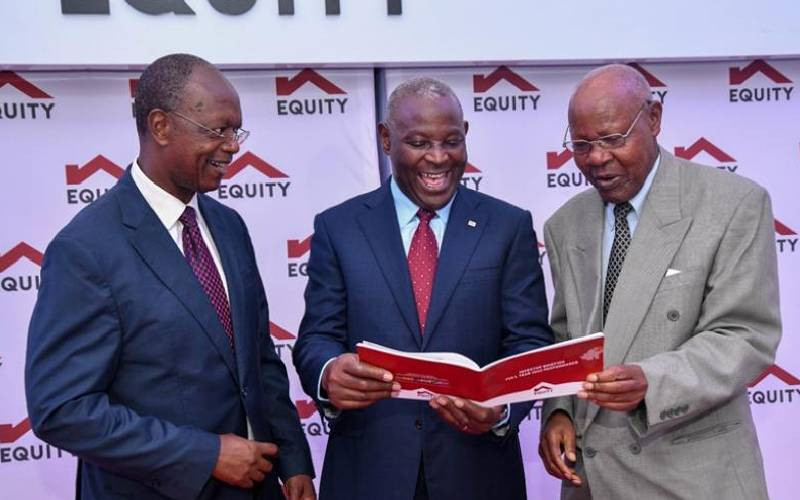There is nothing national in the National Hospital Insurance Fund (NHIF).
It is a lecherous scheme that is more of a cash dispenser for a select few in the narrow corridors of power. Thus, when NHIF unilaterally increased monthly contributions, it effectively cast adrift millions of Kenyans whose financial status could not allow them to be members.
Given the level of ineptitude and sleaze associated with the health insurer, it is an injustice for it to have been made mandatory for Kenyan workers, yet we claim to be in a liberalised market economy where individuals have a set of choices in anything at their disposal.
Perhaps drawing examples from the Patient Protection and Affordable Care Act, popularly known as the Obamacare will help put things in perspective. This is one of US President Barack Obama’s pet projects from which he acknowledged the significance of having more Americans access quality healthcare, irrespective of their status in society.
It is through the Obamacare Act of 2010 that health insurers found it hard to make unjustified rate hikes while the public was given the right to appeal insurance company’s decisions. With Obamacare, top earners get taxed more to finance healthcare while those in low income brackets get tax credits and tax breaks.
However, NHIF is designed to favour, even as it exploits, those in formal employment to the exclusion of other Kenyans without specific incomes. Going by the amounts that the few voluntary contributors are required to tender, the supposition is that their erratic monthly incomes fluctuate between Sh12,000 and Sh15,000.
This assumption is erroneous and unless the intention was to phase out the unemployed from NHIF, which would be unfortunate, then a majority of them who are the ‘mama mbogas’ will regrettably have to leave the scheme.
At a time when the government has pledged better health care for all Kenyans, forcing the poor out of NHIF is discriminatory and criminal. If workers with steady income are uncomfortable with a monthly deduction of Sh150, is it reasonable to expect candid hustlers to raise Sh1,500 quarterly?
Still, by limiting the choice of hospitals, NHIF is simply putting concrete to the avenues of corruption as was the case with the phantom Clinix. The insurer has not demonstrated capacity to manage increased funds when it has been unable to handle only Sh800 million compared to the projected Sh2.3 billion in the new contestable scheme.
Mwananchi is dying of treatable diseases like malaria because there is no comprehensive government policy, or medical coverage to ease the burden of costly medical care even in government hospitals. Calls for the suspension of the gazette notice which gave way to the new NHIF rates are justified in as much as such increases did not factor in other things like inflation, stagnant salaries and the fact that some employers have pacts with private insurance companies. This, in many instances, has led to double deductions.
There is need to revert to the old rates as the government figures out how to make NHIF more viable and able to cater for the medical needs of all Kenyans. There is safety in numbers; the reason why deductions must be pocket friendly to draw in more people to the scheme.
NHIF can borrow from the banking sector where Equity Bank entered the market with strategies that made established banks complacent; waiting for it to self-destruct, but by the time they realised they had been upstaged, it was almost too late. Today, they are playing catch-up.
 The Standard Group Plc is a
multi-media organization with investments in media platforms spanning newspaper
print operations, television, radio broadcasting, digital and online services. The
Standard Group is recognized as a leading multi-media house in Kenya with a key
influence in matters of national and international interest.
The Standard Group Plc is a
multi-media organization with investments in media platforms spanning newspaper
print operations, television, radio broadcasting, digital and online services. The
Standard Group is recognized as a leading multi-media house in Kenya with a key
influence in matters of national and international interest.
 The Standard Group Plc is a
multi-media organization with investments in media platforms spanning newspaper
print operations, television, radio broadcasting, digital and online services. The
Standard Group is recognized as a leading multi-media house in Kenya with a key
influence in matters of national and international interest.
The Standard Group Plc is a
multi-media organization with investments in media platforms spanning newspaper
print operations, television, radio broadcasting, digital and online services. The
Standard Group is recognized as a leading multi-media house in Kenya with a key
influence in matters of national and international interest.









